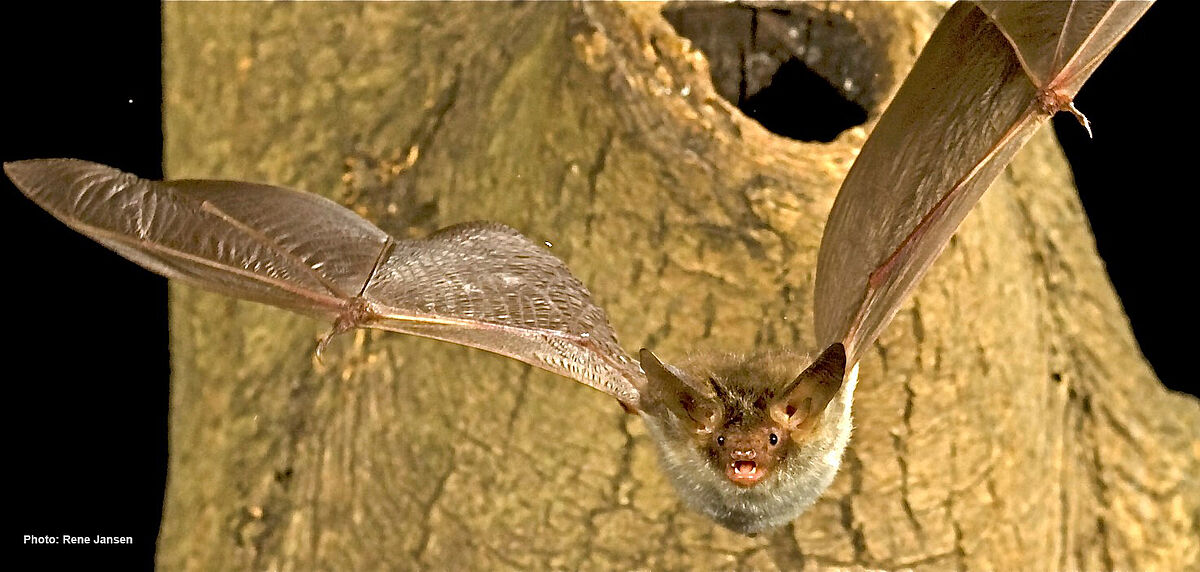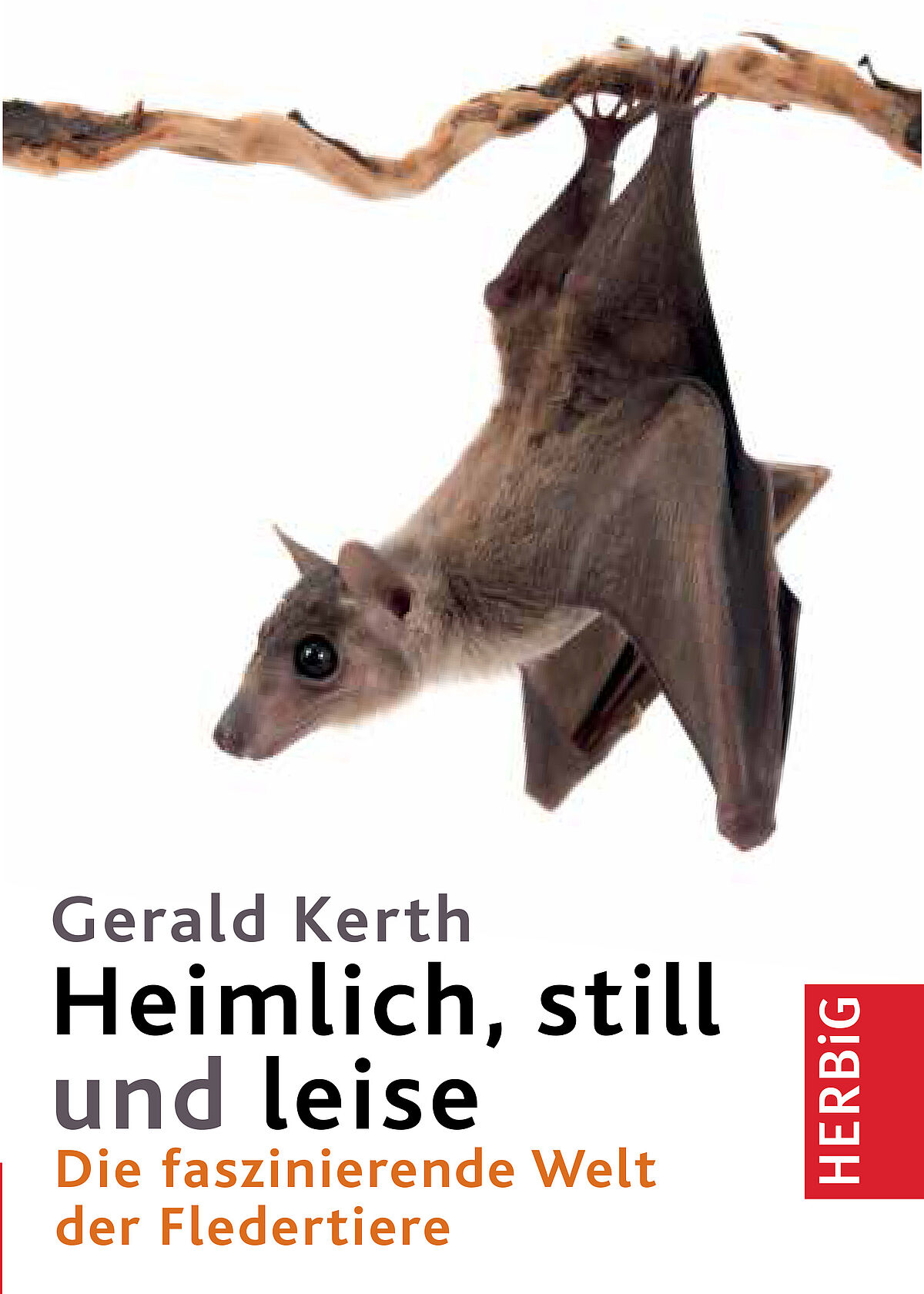Prof. Dr. Gerald Kerth
Zoological Institute and Museum
Loitzer Str. 26
17489 Greifswald
Tel.: +49 (0)3834 420 4100
Fax: +49 (0)3834 420 4252
gerald.kerth@uni-greifswald.de
The research group "Applied Zoology and Nature Conservation" uses an integrative approach, combining behavioral, ecological, and molecular methods to investigate questions at the interface of evolutionary, behavioral, and conservation biology. Currently, we mainly study bats and species interacting with them, but our research is not restricted to a specific group of animals. Research interests include the causes and consequences of sociality (incl. cooperative behavior and host-parasite/pathogen interactions), mate and habitat choice, dispersal, as well as applied and basic animal conservation. In the field, we apply automatic monitoring of animals marked with PIT-tags, radio-telemetry, thermography, and infrared-video. Genetic methods include analyses of nuclear and mitochondrial DNA microsatellites and sequences. We also use in vivo magnet resonance imaging to analyze the brain structures of our study animals.
- Conservation Biology
- Cooperation, Coordination, and Cognition in Animal Groups
- Co-evolution of Host-Parasite Systems
- Emerging Diseases and Virus Transmission in Bats
- Evolution of Social and Mating Systems
- Mutualistic Interactions between Bats and Pitcher Plants
- Socio-, Conservation, and Population Genetics
News
Offered Master Thesis:
If you are interested in conducting your master thesis in our lab, you can find a list of current topics here.
Latest Publications:
A chronological list of our publications can be found here.
Book about Chiroptera (in GERMAN)
Sie sind Meister im Abhängen, Flugkünstler der Extraklasse, bisweilen innovative Architekten, und sie machen sogar Politik. Fledermäuse und Flughunde zählen seit über 50 Millionen Jahren zu den erfolgreichsten Arten der Erde. Unumstritten ist ihre große ökologische Bedeutung, geheimnisvoll bleibt vieles an der Lebensweise dieser Nachtschwärmer. Von ihren phänomenalen Fähigkeiten, ihrem hochentwickelten Sozialverhalten, von Vampiren, Nektartrinkern und Froschjägern erzählt in diesem Buch Prof. Dr. Gerald Kerth – höchst lebendig, spannend und informativ.


